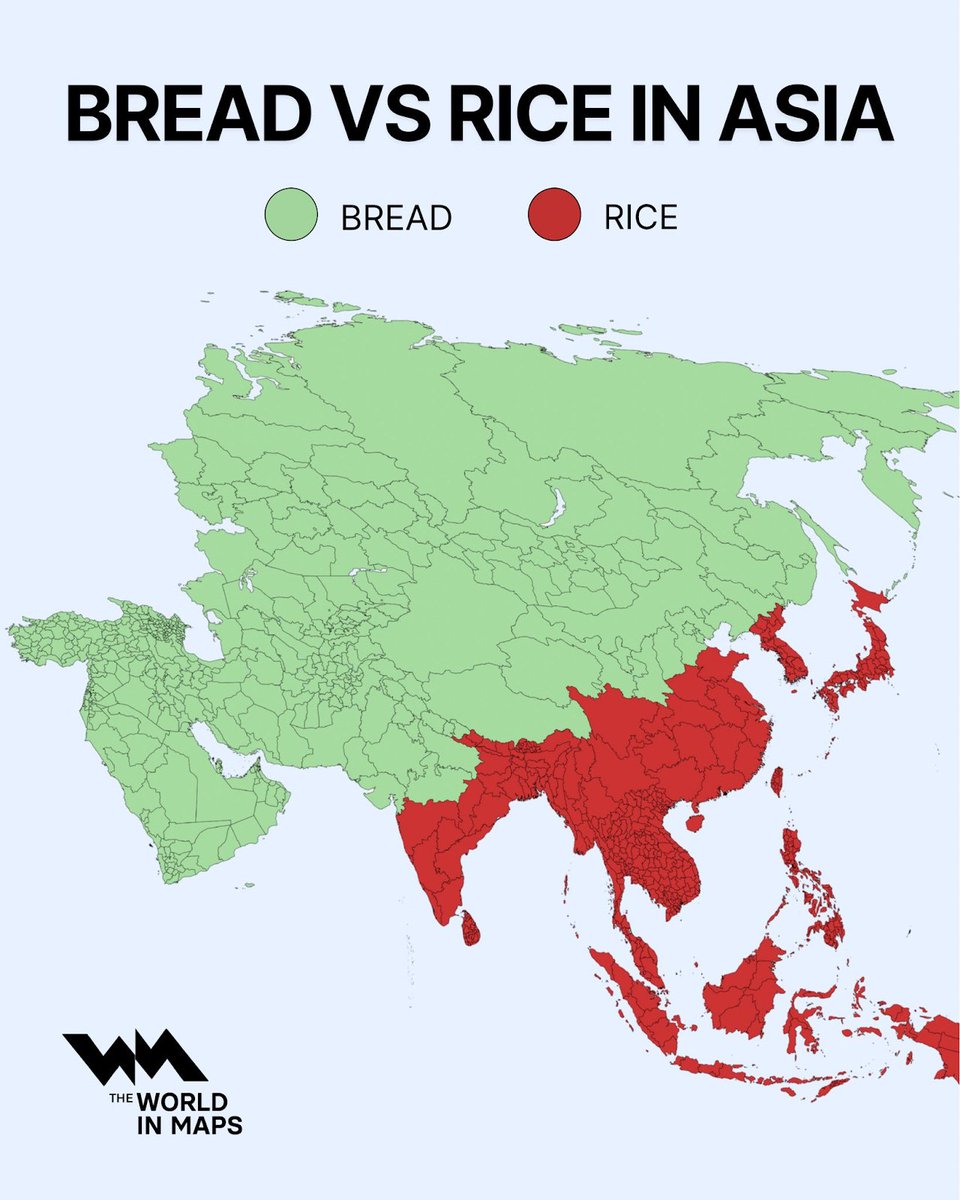Every American is poorer because of longshoremen's position
The worst is not the $1½-5 Billion per day the strike would cost the US economy
The worst is not their outsized salaries
The worst is not the $1½-5 Billion per day the strike would cost the US economy
The worst is not their outsized salaries

It's not even the known ties they have with organized crime, or their extraction of rents for work they never did 

The worst part is that they increase transportation costs, which destroys the wealth of every American, making us way poorer
As this tweet explains, longshoremen get hefty fees every time they touch a container. As a result, shipping avoids "touches"

As this tweet explains, longshoremen get hefty fees every time they touch a container. As a result, shipping avoids "touches"
https://x.com/johnkonrad/status/1840904466310316459

But road transportation is waaay more expensive than water transportation—up to 10x more
These increases in transportation costs seem like not a big deal, but the impact is massive
These increases in transportation costs seem like not a big deal, but the impact is massive

Because here's the key: doubling transportation costs can reduce wealth by 90%:
• If you 2x transportation costs, you divide by 4x your potential markets
• But network effects grow with the square of nodes. 4^2=16
Doubling transportation costs can reduce trade potential by 16x!

• If you 2x transportation costs, you divide by 4x your potential markets
• But network effects grow with the square of nodes. 4^2=16
Doubling transportation costs can reduce trade potential by 16x!


A 16x reduction is a 94% reduction in wealth
Of course, the full 16x is not achieved in reality, and also now transportation costs are low enough that they aren't an obstacle to all types of trade
Of course, the full 16x is not achieved in reality, and also now transportation costs are low enough that they aren't an obstacle to all types of trade
But the impact on trade is massive, and hidden: You don't know how much trade never happened because transportation costs were too high!
So you should be irate when you hear that the productivity of "Other transportation and support activities"—which includes marine cargo handling—has declined by 29%
(source: )
(source: )
https://x.com/elidourado/status/1841144062662807891

The most outrageous part is not the rent-seeking behavior of asking for a 77% increase in salaries—an ask they can only do because they have a monopoly

https://x.com/BrotherMikeyX/status/1840770964314820647

The worst part is that they're blocking automation. Every industry automates to make everything cheaper and get more business. But when you have a monopoly, you don't care. You abuse it. 

The worst part is they should be looking forward to it, because, as they say, the work is back-breaking! 

The worst part is that it would be better for longshoremen over the long term!
More productivity➡️Cheaper service➡️More business!
More productivity➡️Cheaper service➡️More business!

It should be a national mandate to allow port automation
• • •
Missing some Tweet in this thread? You can try to
force a refresh













